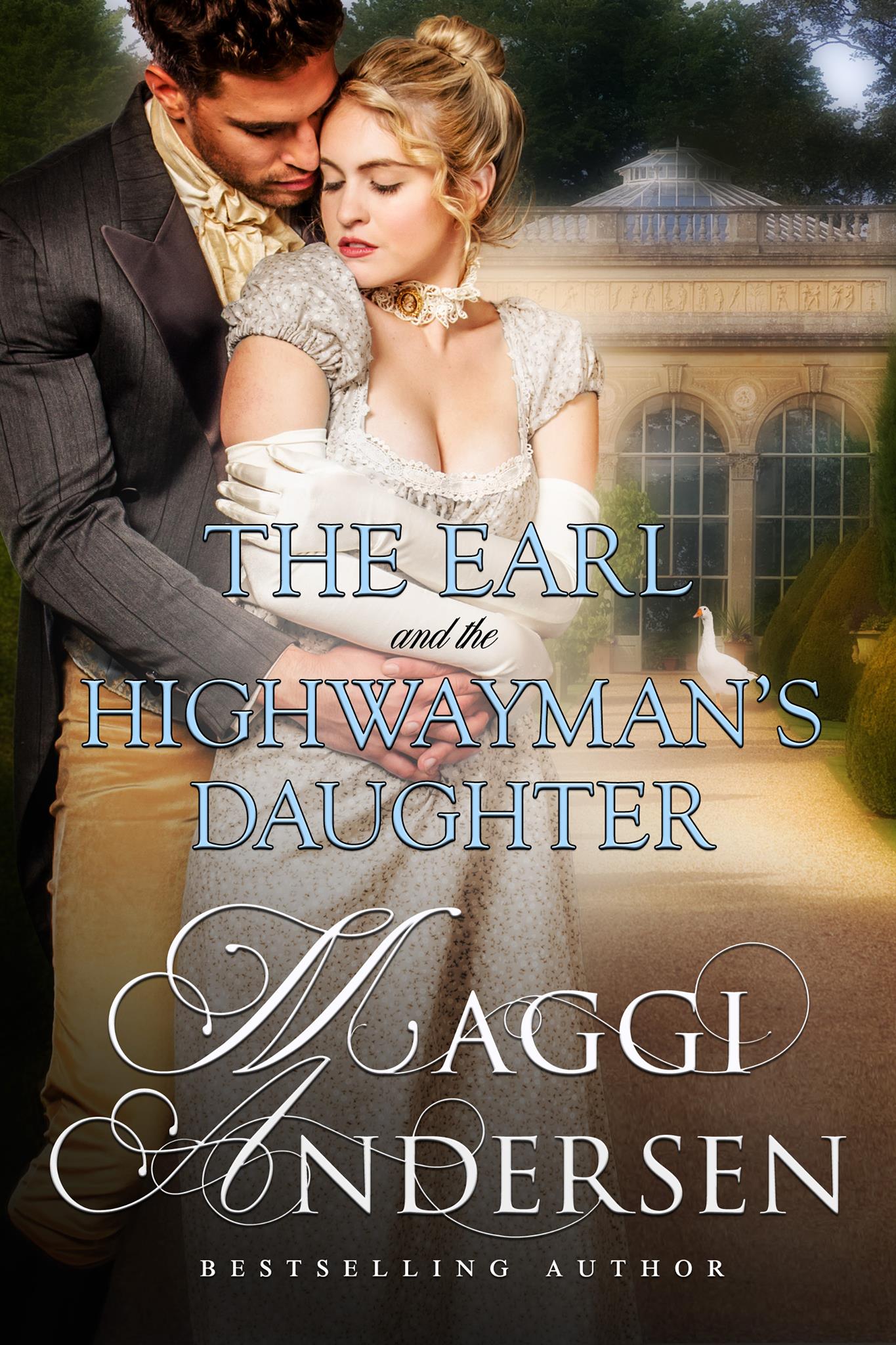Question: What’s meant by an exchange of opinions in the Communist Party?
Answer: It’s when you arrive at the meeting with your own opinion and then leave with the Party’s.
This week has been somewhat like that following an incident at the Brisbane Writers Festival – a shot heard around the world, so to speak.
Award-winning American author Lionel Shriver was a guest at the Brisbane Writers Festival, which was held just up the road from me.
Her speech lamented political correctness and lambasted the concept of cultural appropriation:
I worry that the clamorous world of identity politics is also undermining the very causes its activists claim to back. As a fiction writer, yeah, I do sometimes deem my narrator an Armenian. But that’s only by way of a start. Merely being Armenian is not to have a character as I understand the word.
I worry that the clamorous world of identity politics is also undermining the very causes its activists claim to back. As a fiction writer, yeah, I do sometimes deem my narrator an Armenian. But that’s only by way of a start. Merely being Armenian is not to have a character as I understand the word.
I made this same point in relation to gender in Melbourne last week: both as writers and as people, we should be seeking to push beyond the constraining categories into which we have been arbitrarily dropped by birth. If we embrace narrow group-based identities too fiercely, we cling to the very cages in which others would seek to trap us. We pigeonhole ourselves. We limit our own notion of who we are, and in presenting ourselves as one of a membership, a representative of our type, an ambassador of an amalgam, we ask not to be seen.
This was deemed very problematic and offensive by a young woman called Yassmin Abdel-Magied Queensland entrant in the Australian Youth of the Year in 2015.
It’s not always OK if a white guy writes the story of a Nigerian woman because the actual Nigerian woman can’t get published or reviewed to begin with. It’s not always OK if a straight white woman writes the story of a queer Indigenous man, because when was the last time you heard a queer Indigenous man tell his own story? How is it that said straight white woman will profit from an experience that is not hers, and those with the actual experience never be provided the opportunity? It’s not always OK for a person with the privilege of education and wealth to write the story of a young Indigenous man, filtering the experience of the latter through their own skewed and biased lens, telling a story that likely reinforces an existing narrative which only serves to entrench a disadvantage they need never experience…
Ms Abdel-Magied’s op-ed goes even further into the perceived perils of cultural appropriation (considering her background and privilege, her piece is somewhat tone-deaf) but I just want to leave it here to unpack a few issues that have reverberated in the Australian writing community nearly two weeks after the event.
These issues are:
· Writers of fiction should not write characters whose experience is not gendered, racially or culturally their own
· Or if they do, they should ask permission of someone of that gender, race and culture before they do so
· If an author explores an experience which is not their own personal experience, then it prevents an actual person with that experience from telling their story
Let’s address this point by point and I need to start by making the observation that the majority of those either protesting or commenting on Shriver’s speech (and this includes Ms Abdel-Magied, herself) are not themselves novelists.
They know nothing about the novel writing process and how unique it is from biographies, true crime or histories.
They do not understand what is required to create fiction.
An author lives in the head of every single character they write – the protagonists, antagonists and supporting characters. We provide them with a back story (which may or may not be used), with motivation, with personality and a view of the world consistent with that back story.
And we research. Boy do we research. Authors have insatiable curiosity about the world. We want to understand human nature in all of its beautiful mess. We want understand why people make good choices and bad and explore the consequences of those choices. We want to explore the resilience of the human spirit to triumph over adversity.
“Writers of fiction should not write characters whose experience is not gendered, racially or culturally their own”
This needs further unpacking. What we see in Ms Abdel-Magied’s piece is racism – the white man who may choose to have a Nigerian woman as his protagonist, the white woman who has a gay Indigenous man as her protagonist.
Would there be such objection if a female Nigerian author wrote about a white male? Or a “queer” Indigenous man features a straight white woman in his novel?
If authors were limited to writing solely of their own experience, it wouldn’t be fiction. It would be autobiographical and it would be boring (at least mine would be).
It is also to suggest that one cannot walk in the shoes of another and see the world from a different perspective – even if it is the perspective of (since I am female) a man of the same race and cultural background as me.
To make this work in a practical sense, all works of fiction would be narrow-lensed, unempathetic and self-centred.
“(Authors should) should ask permission of someone of that gender, race and culture before they do so”
Ask permission of whom exactly? I looked in the phone book and there is no listing for a 1300-Cultural Diversity Permit Application hotline.
And this particularly: permission – something which may be granted and refused.
Think on that for a moment and I hope the chills went down your spine as it did mine. Imagine that being applied to other forms of art.
Dame Kiri te Kanawa forced to ask permission to sing opera, lest she culturally appropriate the Italian or Germans.
Albert Namatjira forced to ask permission to use watercolours and paint in the Impressionist fashion, lest he culturally appropriate the French.
Janet Collins, the famous African-American ballerina forced to ask permission to be a prima ballerina, lest she culturally appropriate the Italians.
All authors of fiction owe “The Other” (to use social justice parlance) is to do research and to do it well. Walking a mile in the other person’s shoes may take the form of interviews, reading biographies or other forms of independent research.
But in the end the story and the characters are ours. For good or ill, we own it. We own them. We are their creators.
Whether or not we did a good job of bringing that universe to life is judged by our readers.
“If an author explores an experience which is not their own personal experience, then it prevents an actual person with that experience from telling their story.”
I find this to be a most remarkable assertion. It doesn’t hold up the briefest amount of scrutiny.
Again, this requires unpacking.
Fiction, it may surprise you, is entirely made up (although it may borrow real people and events).
Gifted authors do such a great job of their world of make-believe that for the length of time the reader is in the novel (and for a good period afterwards), those characters and those situations seem as real as the trees outside and the sky up above.
This claim also suggests that there are only a limited number of stories in the world and when one is told, it is gone forever and a person who may have benefited emotionally and materially from telling it is denied the chance to profit from it.
There is a real truth hidden in the conflated half truth here.
Yes, there are a limited number of stories if you only look at the world as one big trope.
Romance? Boy meets girl, go through some issues, they fall in love and live happily ever after
Thriller/Drama? There’s a good guy and a bad guy. The good guy has to stop the bad guy but it’s hard. The good guy eventually wins.
Crime? There’s a crime. No one knows who did it. The detective investigates and identifies the suspect and gathers evidence. He catches the criminal.
Comedy? People get themselves into ridiculous situations and deal with it in a way which exposes the foibles of human nature.
There you go. You don’t have to read another book again.
You’re welcome.
It is as ludicrous as saying that there can be no more music because every combination of eight notes has already been fully explored.
There are more stories than there are stars and planets in the universe. There is no limit because the only limit is the human imagination.
There is the argument that people from minority backgrounds cannot get published.
Again, it is an unsupported argument which is easily refuted.
The Romance Writers of West Africa is going strong with lots of their members published, the majority of people in publishing are white female, people from minority background are preferenced, and the LGBTQIAA community is actively courted by publishers.
Are some minority groups underrepresented in fiction? Quite possibly. But to argue that there is a white, male patriarchal gatekeeper holding back a horde of worthy writers is laughable on its face.
If there is a “privilege” denominator, it is one that just about everyone in the whole world shares. Anyone with the time and inclination can write a novel and with access to the internet can submit it for consideration or self-publish.
Anyone with a story to tell can tell it.
And that is how it should be.[/vc_column_text][/vc_column][/vc_row][vc_row padding=”0″][vc_column width=”1/2″][vc_single_image image=”2742″ img_size=”full”][/vc_column][vc_column width=”1/2″][vc_column_text]
Your Chance to Win a Limited Edition Poldark Tote!
Signed by Eleanor Tomlinson and filled with books!
How? Just click the link below and find out in next month’s newsletter![/vc_column_text][mk_button corner_style=”rounded” size=”medium” url=”http://box5218.temp.domains/~lizabga3/index.php/homepage/book-club/” target=”_blank” align=”center” margin_top=”6″ animation=”fade-in” bg_color=”#ff0202″]Join Now!
[/mk_button][/vc_column][/vc_row][vc_row padding=”0″][vc_column][vc_column_text][/vc_column_text][/vc_column][/vc_row]

